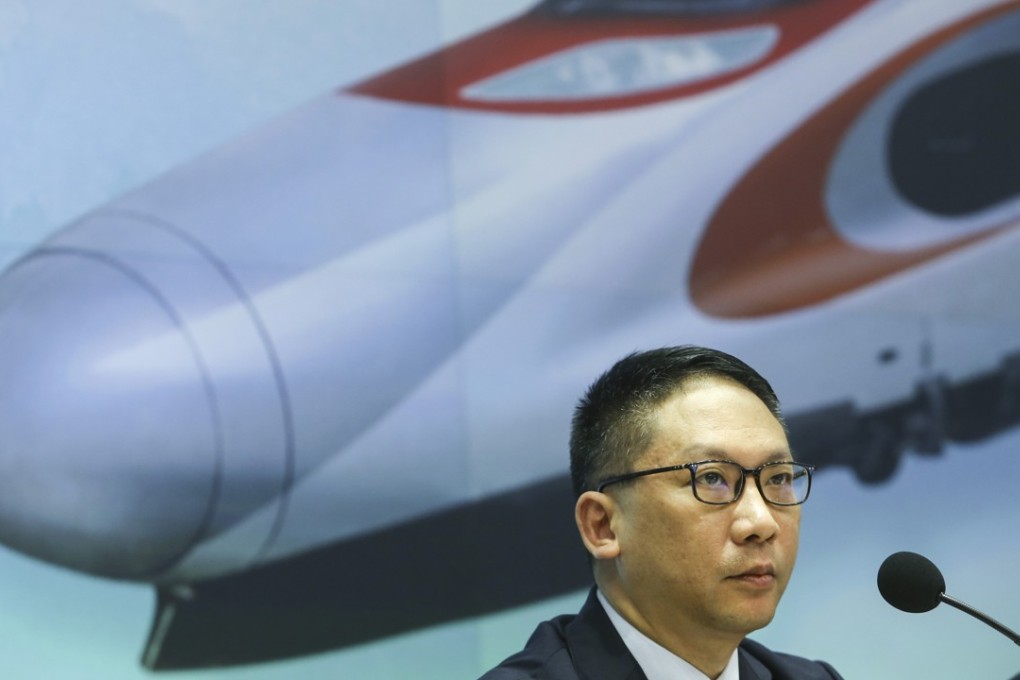Joint Hong Kong-mainland China checkpoint given go-ahead despite legal fears
Hong Kong government dismisses jurisdictional concerns after agreeing to lease quarter of West Kowloon railway terminus to mainland authorities

National laws will be enforced on Hong Kong’s soil for the first time under a controversial plan approved by the city’s government on Tuesday to lease to mainland authorities a quarter of the West Kowloon terminus of the high-speed rail link to Guangzhou.
Top officials denied ceding Hong Kong territory to authorities from across the border as they tried to ease concerns about jurisdictional uncertainties, while critics called it a violation of the city’s mini-constitution, the Basic Law.
The so-called co-location proposal endorsed by the Executive Council will allow mainland officers to exercise nearly full jurisdiction – criminal and civil – in the 105,000 square metre designated port area.
Top officials had a simple answer for critics warning that this would violate Article 18 of the Basic Law that states mainland laws cannot be enforced in Hong Kong territory.
“We do not think Article 18 would apply because ... the mainland port area would be regarded as outside the territorial boundary of Hong Kong,” Secretary for Justice Rimsky Yuen Kwok-keung said.